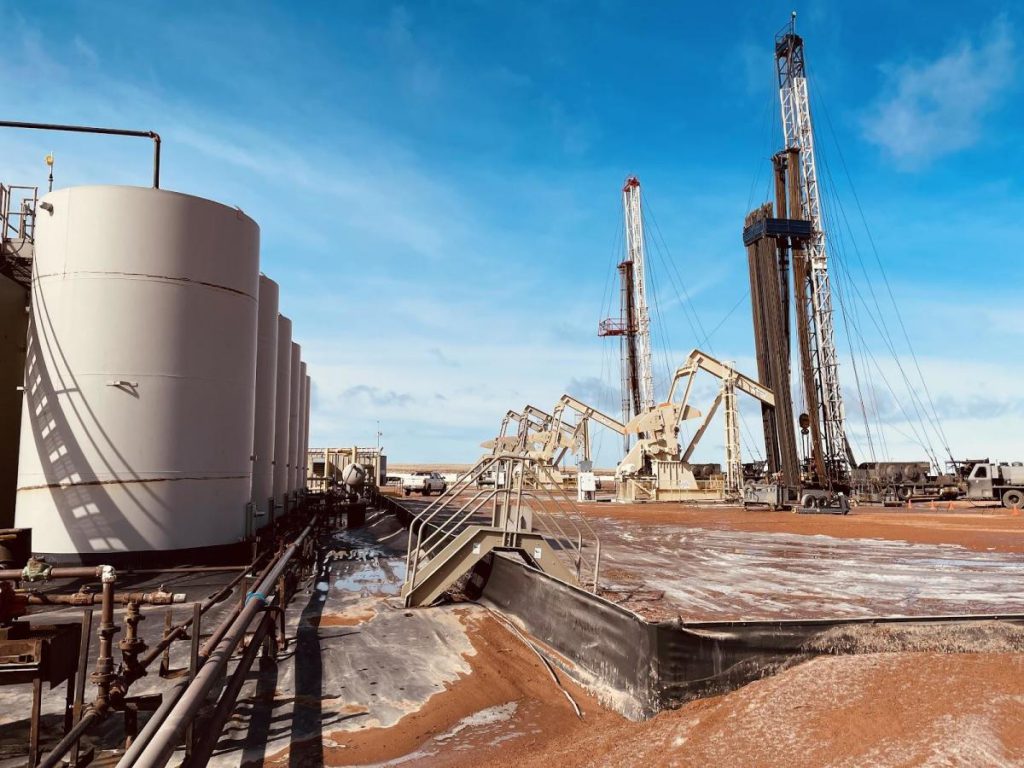The largest U.S. oil producer Exxon Mobil is considering expanding its North Dakota bitcoin mining pilot program to further reduce the volume of natural gas it routinely burns off or flares into the atmosphere, Bloomberg reported Thursday.
People familiar with the matter told the news outlet that the oil giant has an agreement with Crusoe Energy Systems to redirect gas that would otherwise be wasted from an oil well pad to mobile bitcoin mines. The report said the pilot project launched in January 2021 in North Dakota’s Bakken and expanded in July; now, it consumes up to 18 million cubic feet of gas per month that Exxon couldn’t otherwise monetize.
Exxon is now considering similar pilot projects in Alaska, the Qua Iboe Terminal in Nigeria, Argentina’s Vaca Muerta shale field, Guyana and Germany, one of the people told Bloomberg.
“We continuously evaluate emerging technologies aimed at reducing flaring volumes across our operations,” spokeswoman Sarah Nordin told Bloomberg. She declined to comment on “rumors and speculations regarding the pilot project.”
Bitcoin mining enables oil producers to sell gas they accidentally find while drilling for oil, not only bringing more profits to those companies but also contributing to the environment as such energy source is commonly wasted due to a lack of nearby pipelines.
Denver-based Crusoe helps those companies capture otherwise wasted surplus gas from their energy production, convert it into electricity, and use it to power data centers and bitcoin mining operations. The firm estimates that bitcoin mining allows carbon dioxide-equivalent emissions by over 60% compared to routine flaring.
President of environmental shareholder-activist group As You Sow, Danielle Fugere, told Bloomberg that these pilots are a positive step for Exxon to find a use for its excess gas. “It is creating use of what would be otherwise wasted,” she said.
Oil and gas giant ConocoPhillips last month spun up similar operations also in Bakken, North Dakota, to sell excess natural gas to a bitcoin mining farm operated by a third party.
Bakken houses one of the largest deposits of oil and natural gas in the U.S., a phenomenon that led to the “Bakken oil boom” that made the state of North Dakota the second leading oil-producing state in the country, behind only Texas, according to the Earth Resources Observation and Science (EROS) Center.


